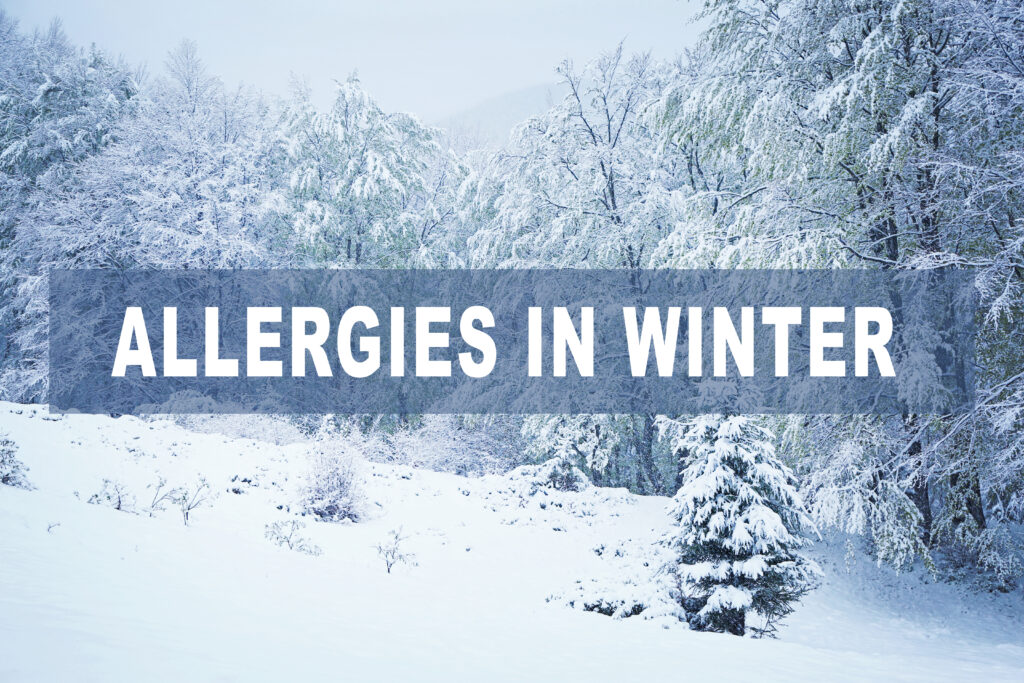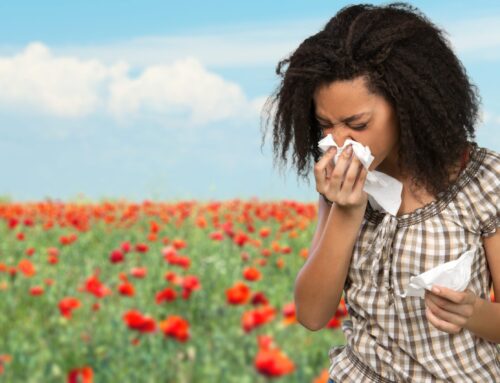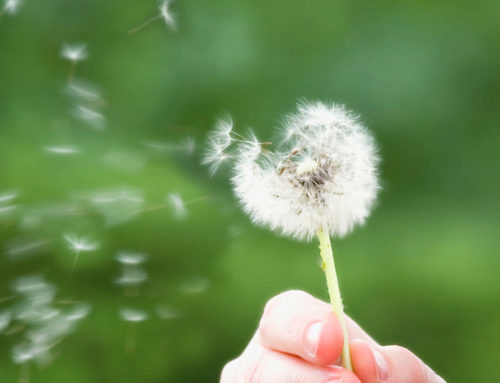
As the winter season approaches, many of us look forward to the joys of snowy landscapes and cozy evenings. However, for some, this season brings a less welcome guest: winter allergies. Unlike the well-known spring and summer allergies, winter allergies are often overlooked and
misunderstood. In this article, we’ll explore the causes, symptoms, and management strategies for winter allergies, offering expert insights from a sinus surgeon and allergist/immunologist.
What Causes Winter Allergies?
Winter allergies primarily arise from indoor allergens. As temperatures drop, we spend more time indoors, often in environments that are ripe for allergens like dust mites, pet dander, mold, and even certain holiday decorations. Unlike outdoor allergens that fluctuate with seasons, these indoor irritants are present year-round but become more problematic in winter.
Dust Mites: These tiny creatures thrive in warm, humid environments and are commonly found in bedding, upholstered furniture, and carpets.
Pet Dander: Pets are often kept indoors more frequently during winter, leading to increased exposure to pet dander.
Mold: Mold spores can grow in damp areas of your home, like basements and bathrooms, especially when homes are sealed tight against cold air.
Holiday Decorations: Stored decorations can gather dust and mold, triggering allergies when they are brought out and set up.
Symptoms of Winter Allergies
Winter allergy symptoms often mimic those of a cold, which is why they can be easily overlooked.
Common symptoms include:
Sneezing
Runny or stuffy nose
Itchy or watery eyes
Coughing
Sore throat
Itchy skin or hives
Diagnosis and Treatment
If you suspect you have winter allergies, it’s essential to consult an allergist/immunologist. They can perform skin or blood tests to identify specific allergens.
Treatment may include:
Allergy Shots (Immunotherapy): This long-term treatment approach helps your body get used to the allergens, reducing the severity of your reactions over time.
Medications: Antihistamines, decongestants, and nasal corticosteroids can relieve symptoms.
Environmental Controls: Regular cleaning, using allergen-proof mattress and pillow covers, maintaining low humidity levels, and using high-efficiency particulate air (HEPA) filters can help reduce exposure to allergens.
Preventive Tips
Prevention is key in managing winter allergies.
Here are some tips:
Wash bedding in hot water weekly.
Keep pets out of bedrooms and off upholstered furniture.
Clean and dust regularly, including hard-to-reach areas.
Use a dehumidifier to keep humidity below 50%.
Ventilate your home to reduce mold growth.
Understanding and managing winter allergies is crucial for those affected. By recognizing the symptoms and triggers, and following appropriate treatment and preventive measures, you can enjoy the winter season with minimal discomfort. Remember, if you're experiencing persistent
or severe symptoms, it’s important to consult with a healthcare professional for personalized advice and treatment.




